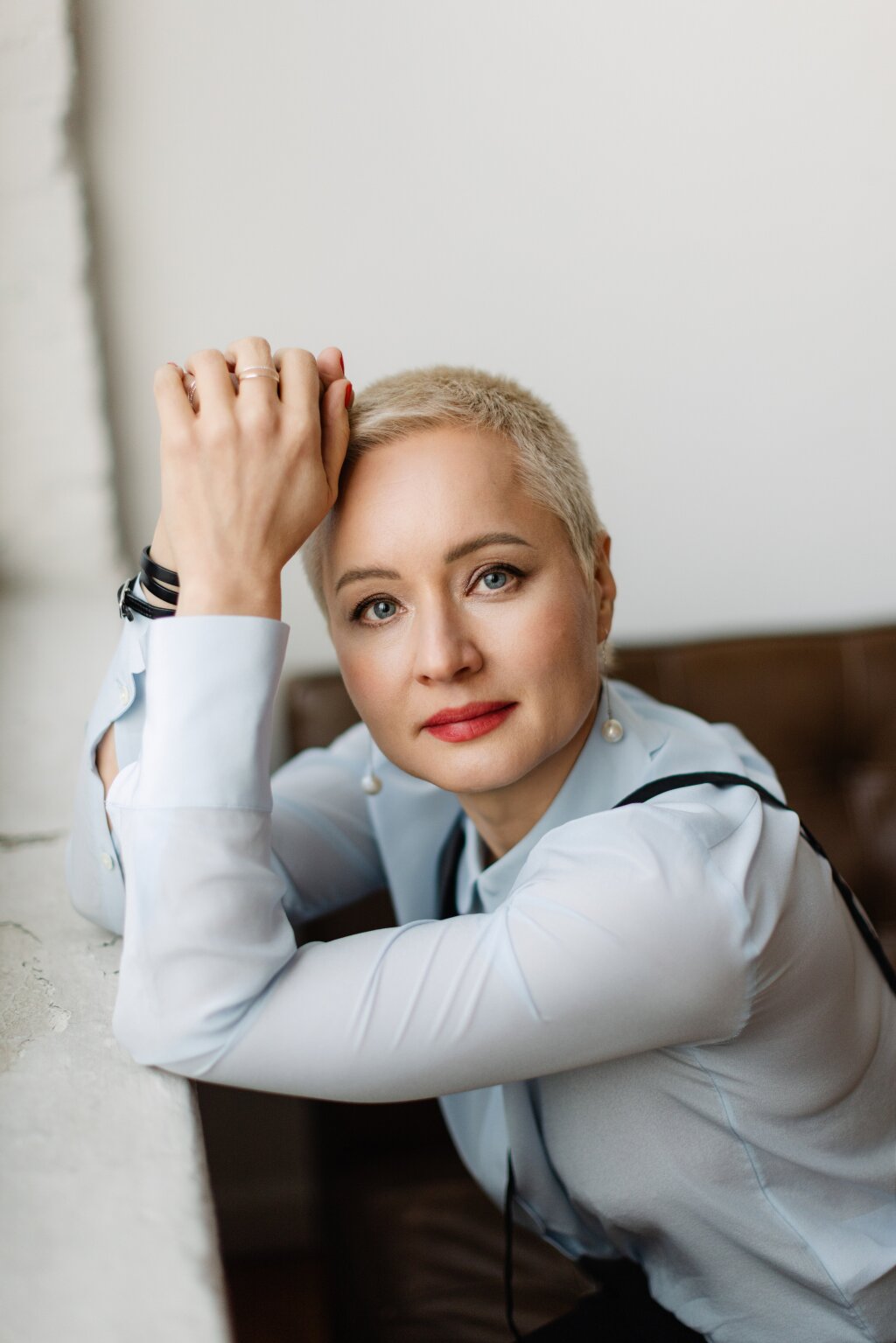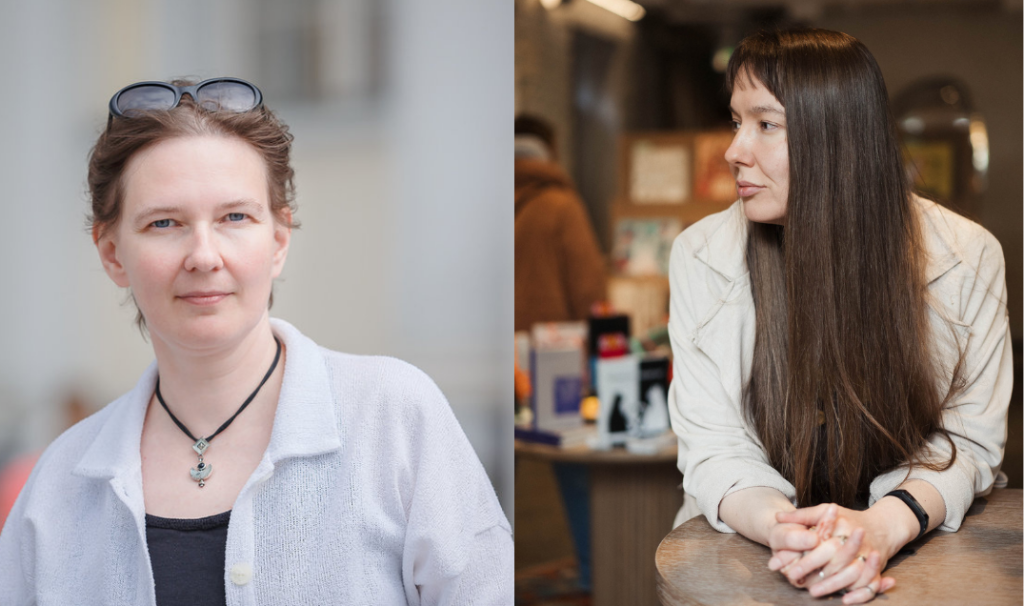This event will be hosted in hybrid format. RSVP to attend in person. Register for the Zoom meeting.
Over the past several years, a large body of work has emerged on Siberian and Arctic Indigenous material culture within the framework of critical heritage studies. In particular, many anthropologists and historians have begun to view Siberian ethnographic collections in Western museums through the lenses of decolonial and material turns. It seems to me that, on the one hand, this shift is linked to the largescale war in Ukraine that began in 2022 and the resulting closure of opportunities for fieldwork—for both foreign anthropologists and some Russian researchers. On the other hand, it reflects a boom in both academic and broader public interest in questions of heritage in Russia more generally.
This presentation seeks to explore the application of the capacious and flexible concept of “heritage” to the cultural realities and perceptions of contemporary Asiatic Yupik communities living along the Chukotkan coast—the Arctic borderland of Russia adjacent to Alaska.
Even if the languages of Indigenous peoples in Siberia and Far North may not contain a term fully equivalent to the generalized category of ‘heritage’, the feelings, attitudes and relationships toward significant objects, places and practices are present in almost every society. These relationships shape interactions between humans and non-humans, form the past within the present, and sustain the reproduction of Indigenous values. The notion of Indigenous heritage is one of those taken-for-granted concepts that is constantly encountered in anthropological literature as well as in a plethora of texts from exhibition labels to political statements. Yet it is rarely subjected to critical reflection. This problematisation also arises from colonial histories and the conceptual complexity of the subject, as ‘heritage’—a distinctly Western notion—has nonetheless long been embedded in discussions of Indigenous cultural policies and practices.
In this presentation Dmitriy proposes approaching the concept as a reflective medium—an entry point for exploring broader relationships and meanings. Indigenous heritage is a process and experience, representation and imagining rather than just a list of tangible and intangible elements of culture. In each specific case, different heritage-related actors imbue this concept with their own meaning. He proposes to view heritage as a space where relationships are formed, ideas are contested and affirmed and various actors manifest themselves.
In the context of the polyphony of heritagerelated actors and the diversity of understandings of what “heritage” is, there exists a form of heritage that constitutes the everyday framework of human relations with a variety of actors, including nonhuman beings. This heritage does not always lend itself easily to staged performances, museum exhibits, school curricula or regional television stories. Rather, it is often concealed, becomes the subject of debate, plays an ambiguous role and follows distinct logics of preservation, storage and transformation.
This presentation explores the dynamic biographies of pagitaq (Central Siberian Yupik)—ancestral objects preserved and ritually used by the Asiatic Yupik of Chukotka. Far from being static heirlooms, pagitaq-things are flexible tools of remembrance, whose value is shaped by family genealogy, personal attachments and ritual usefulness. He examine how these objects are preserved, concealed, consumed and transformed across generations, embodying intangible dimension of Yupik heritage. By investigating different forms of communication between humans, ancestral spirits and heirlooms, the study expands understanding of what constitutes Indigenous heritage. Analysing heritagisation beyond institutional frameworks, the presentation argues for a relational, situational and fluid concept of heritage rooted in Indigenous epistemologies. Pagitaq thus emerges as a powerful expression of cultural continuity and resilience, sustaining local cosmologies and family memory amid rupture and oblivion.
Dmitriy Oparin is an associate member of the Passages laboratory (UMR 5319 – Université Bordeaux Montaigne, Université de Bordeaux, CNRS). He is an anthropologist and historian whose research focuses on religion, ritual space and ritual dynamics in the indigenous Russian Arctic. He has also worked among Muslim migrants in Siberia and Moscow. He is the author of several books of history based on Moscow heritage and memory.



